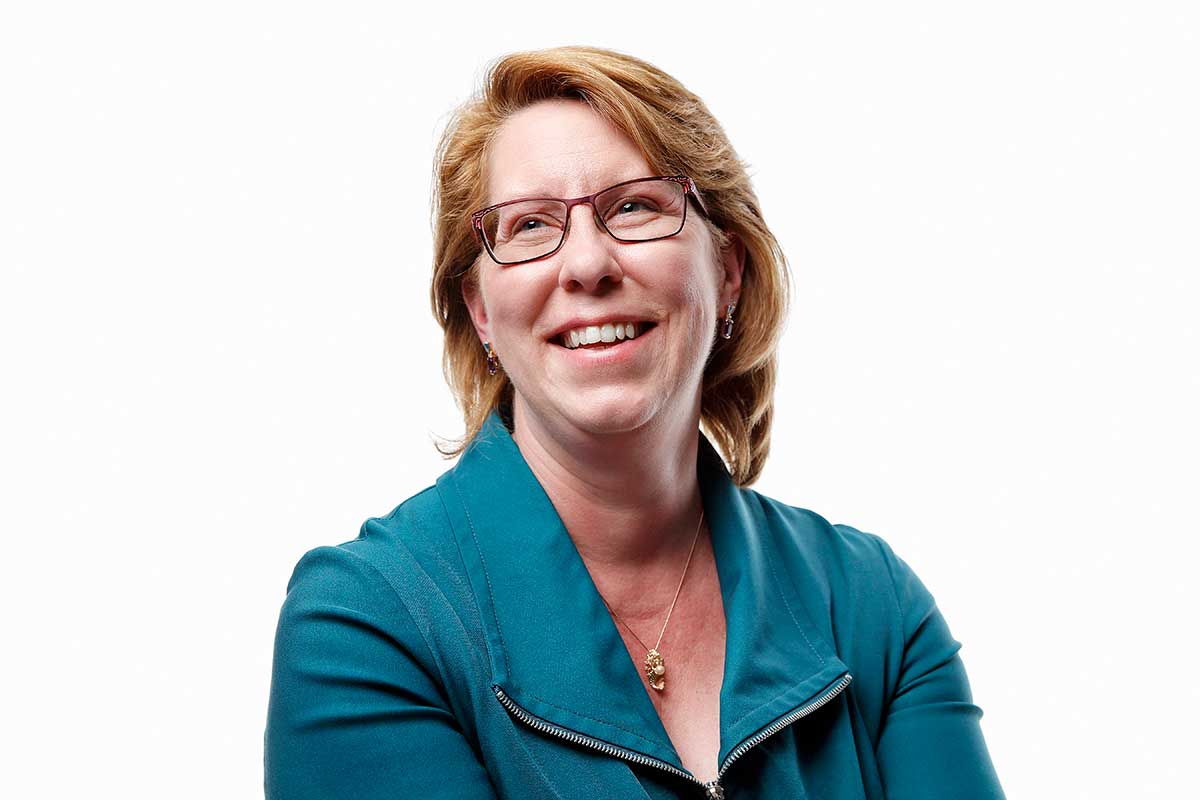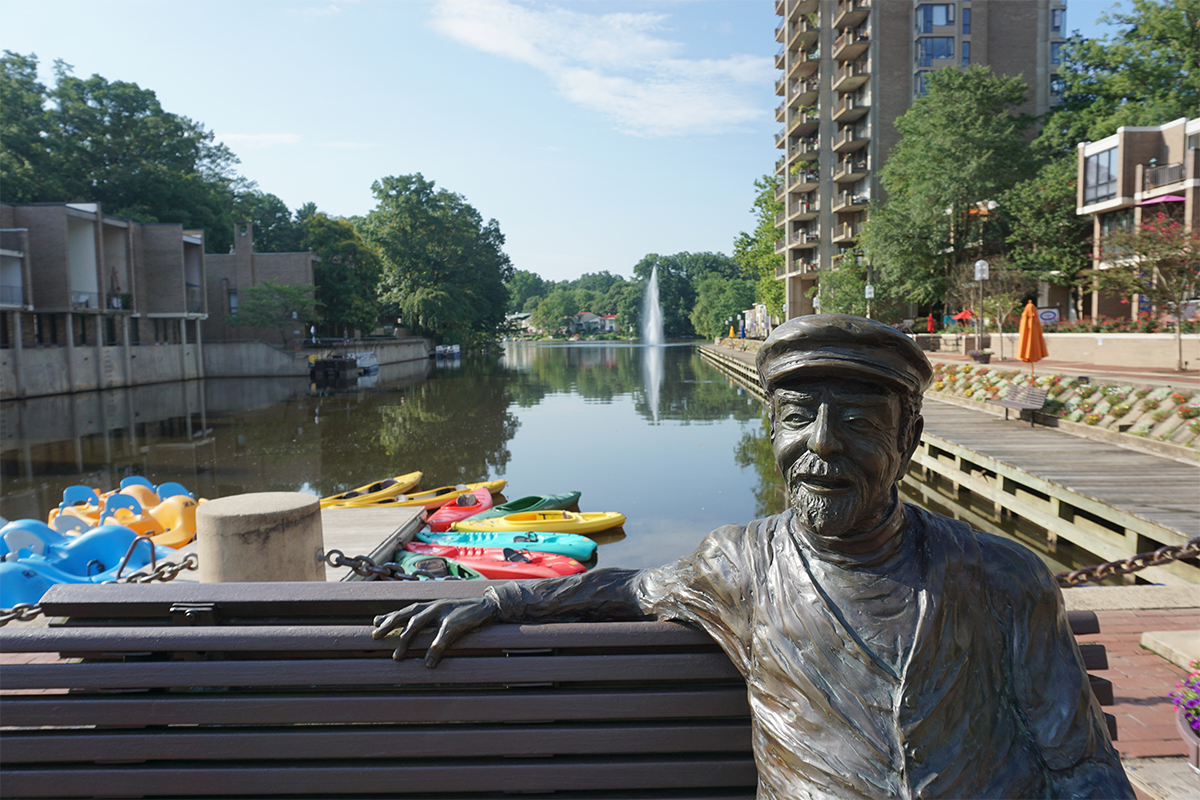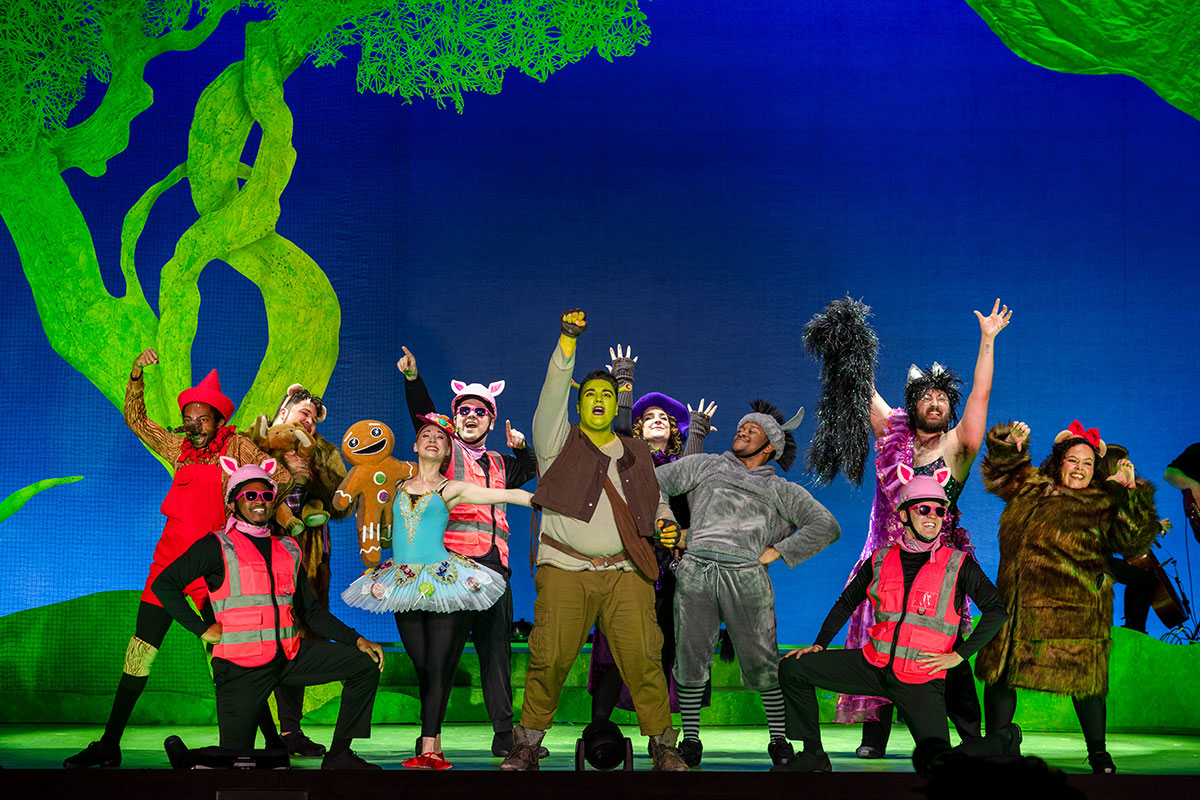
Karen Pallansch entered the water treatment industry not long after a visit to China.
In the early 1990s, she traveled to a town outside Xi’an for her civilian job with the Department of Defense and recalls riding in a bus past a group of women who were washing their clothes.
“They were in the stream, and the kids were playing,” Pallansch says. “And right downstream was just this brown effluent coming from a factory, so you knew it was bad.”
Pallansch is now the CEO of Alexandria Renew Enterprises, the city’s wastewater treatment facility, and has a two-decade history with the company. Raised in Pennsylvania with a penchant for science fairs, Pallansch studied chemical engineering and joined AlexRenew in 1994 after serving as a regulator for the Virginia Department of Environmental Quality.
“Once you’re in it, it’s hard to leave,” Pallansch says of her career in water treatment. “I can walk out today and go to the outfall and look at the clean water and go, ‘I’ve made a difference today,’” she says.
AlexRenew is a state-of-the-art facility—complete with a plant-lined “living wall” and lobby aquariums—and has the “smallest footprint per million gallons” in the nation, Pallansch says. The building was recently reconstructed in response to Chesapeake Bay legislation that protects the bay watershed through a variety of water-friendly regulations.
As part of AlexRenew’s architectural transformation, Pallansch partnered with a real estate developer to construct an underground treatment facility with a community soccer field just above it on land that once housed the city’s landfill. “It caused us to get really creative—what can we do, and how can we make it something that the community wants and embraces?” Pallansch says.
Pallansch not only steers AlexRenew, but she is also a former Cub Scout leader and a leader in the greater Alexandria community, serving as secretary of the Eisenhower Partnership, on the board of the Alexandria Chamber of Commerce and as president of First Night Alexandria. She also sat at the helm of the National Association of Clean Water Agencies in 2014-15, where she started the Women’s Water Network to support women in an industry where men dominate.
“I got a lot of flak from the guys, but the women actually enjoyed it because it gives them just that space to ask questions,” Pallansch says. “And it’s amazing—they still deal with some of the same issues I did when I was young about not being heard, not getting the work, getting passed over for different things.”
Pallansch’s plans for AlexRenew go beyond the walls of their LEED Platinum-certified facility. “The board’s vision is [to be able to] fish and swim in all of our local waterways, so that’s really where I want to go, to help sell that hope and help sell that vision to the community about how we can do it in the future.”




